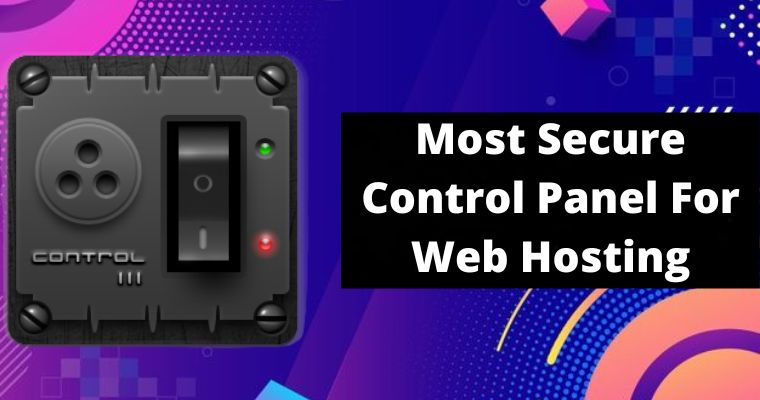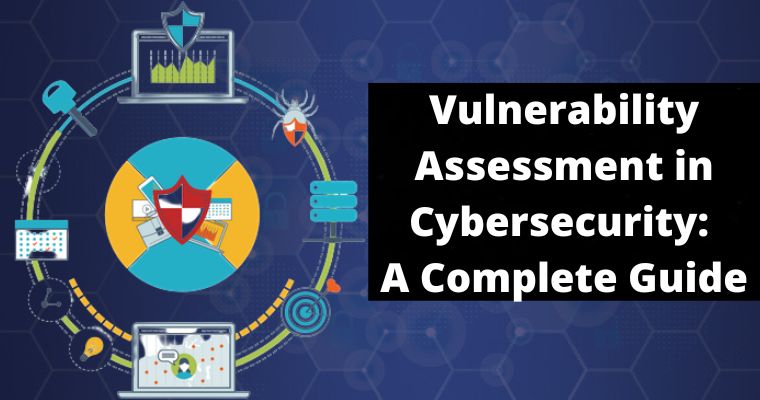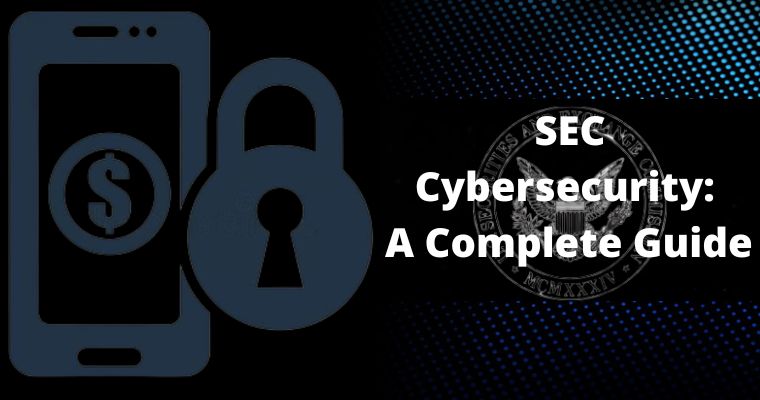The photos, code, and content of an entire website are stored in a private area called “web hosting,” which is made available by an authorized owner. Anyone who needs to have an online presence via a website will need web hosting to store their data.
This is done for a fee to secure the data of the service provider, the client, and the user who uses their personal information to log in. Depending on the services they provide, many hosting sites have varying pricing.
For system administrators, control panels simplify management and automation chores. They can provide functions like administering one or more servers from a single dashboard.
To manage important jobs like monitoring, setups, patches, installations, etc., it must be carefully picked as a smart tool.
For system administrators and web hosting companies, secure web hosting control panels are a necessity. Because of this, we have made a list of the best control panels for web hosting.
Table of Contents
Top-rated Most Secured Web Hosting Control Panel
1. Ajenti Server Admin Panel
A renowned open-source control panel that provides an admin panel based on a server and accessible via a web browser. You may perform scripts, install programs, and monitor important server data like free disc space and RAM control.
Consider Ajenti V; an add-on if you need to manage many websites. You can use it to administer websites built with Node.js, Ruby, Python, and PHP. Ajenti is a very flexible and adaptable framework that works well in many different situations.
Salient features of Ajenti include:
- Firewall
- Plug-able authorization and authentication
- Live updates, notifications, and models
- Receptive layout
- AJAX-operated one-page frontend
- GUI-powered Google’s Angular JS
- Well-documented and neat interfaces
2. CloudPages Cloud Server Control Panel
CloudPages is a powerful and easy-to-use control panel for web hosting. Using our management panel, you can quickly and easily deploy quick WordPress sites on Hetzner, DigitalOcean, AWS, and Vultr.
The cool part is that using CloudPages doesn’t require any knowledge of Linux or servers.
Salient features of CloudPages include:
- Git manager
- Free Migration
- Super-fast
- Multiple PHPs
- WordPress manager
3. Cockpit Web-based Graphical Interface
A Linux open-source server administration tool is called Cockpit. You can manage storage, kickoff containers, set up the network, and look through logs and cans.
It has the ability to simultaneously manage and watch over several servers. Include the systems you want to track, and Cockpit will take care of the rest.
Salient features of Cockpit include:
- Network setting modification
- Collect diagnostic and system set up information
- User account management
- Web-encapsulated shell in a terminal window
- Docker container management
- System performance visualization
4. Virtualmin Open Source Web Hosting Control Panel
For Linux and BSD platforms, Virtualmin is a strong and adaptable web hosting control panel. On desktop, mobile, and tablet devices, the user interface is incredibly simple to use.
With premium support, Virtualmin is open-source software. It is one of the most popular virtual web hosting options with more than 100,000 installations.
For use with Linux and BSD systems, Virtualmin has the following features:
- Access control is advanced.
- Visualization for server logs is simple.
- Tools for monitoring.
- Various security features.
- Tools to manage databases are comprehensive.
- A cost-free, open-source version is Virtualmin GPL.
- Pay monthly or yearly for the premium version of Virtualmin called Professional.
5. DirectAdmin Web Control Panel
The three default access levels in the DirectAdmin web hosting control panel are resellers, admins, and users. The features vary depending on the level.
A robust and user-friendly web hosting control panel is DirectAdmin. It offers a variety of licenses and is extremely customizable:
- Standard
- Lite
- Personal
- Free trial version for 60 days
Administrators may manage users, IP addresses, DNS, clusters, upgrade software, and more.
Resellers have options for managing accounts and packages, interacting with users, and accessing system information.
Users can handle emails, files and databases, backup websites, FTP, and other things.
Ubuntu, Debian, and RHEL are just a few of the Linux distributions that DirectAdmin is compatible with. It has characteristics such as:
- Comprehensive statistics on system utilization.
- Varied tiers of access.
- SSL automatically.
- Endless possibilities for customization.
- Software packages that have been chosen are installed and configured automatically.
6. Plesk Innovative Hosting Panel
Everyone can manage cloud servers, WordPress, Joomla, and other platforms with Plesk. More than 100 extensions are up for grab.
Anyone who works in the web industry, including infrastructure providers, IT administrators, developers, content managers, and digital agencies prefer Plesk. Its biggest rival is cPanel.
Why choose Plesk while hosting a website?
- Toolkit for SEO
- Strong security
- Multi-tenant support
- User-friendly interface
7. cPanel Intuitive Server Control Panel
With its straightforward GUI, Linux’s cPanel allows you to manage websites and servers seamlessly while automating web hosting operations. Its web hosting control panel is among the best in the business.
With the help of this control panel, you can publish a website, create emails and calendars, manage files securely, manage domains, start databases, add or delete DNS, set up FTP, plan cron jobs, and offer log stats, and more.
Some salient features include:
- Safe backups
- All server management activities are automated.
- Both power and adaptability.
- Plugins from third parties and add-ons.
- Instruments for creating unique databases.
8. InterWorx Web Hosting Control Panel
InterWorx carries two modules, namely NodeWorx for server management and SiteWorx for domain and website management
InterWorx offers application-oriented support, including Perl, PHP, Apache, MySQL, and Djbdns (DNS). It carries email-based support, including SMTP services via Qmail, IMAP, and POP3.
Salient features of InterWorx include:
- Control backups
- Internet usage
- Receive alerts when something goes wrong
- CLI, API, and plugin support
- Using clusters to increase the availability
9. Webmin Web-based Interface
Webmin is a web-based admin panel that a system administrator can use to administer Unix servers, as the name suggests. 100+ OS with a Unix flavor is supported.
It serves as a thorough interface to the server’s core applications, with support for setting up programs like SSH, FTP, mail, databases, Web, and more.
Because Webmin is module-based, anyone interested in creating plugins for server management can easily add additional capabilities. To get you started, there are more than 100 modules accessible.
Some salient features include:
- Various built-in features via modules.
- Flexible and robust.
- Support for SSH keys.
- External modules.
- Wide range of system support.
10. Control Web Panel (CWP)
For dedicated servers and VPS, Control Web Panel (CWP) is a potent, user-driven web hosting panel. It offers various license options:
- A cost-free version
- With or without support, a Pro version.
- A partner-exclusive Pro version.
CWP was created for Linux operating systems and has the following features:
- The user interface is modern and simple.
- Increased safety.
- Process automation in its entirety.
- Visualization of server logs.
- Monitoring equipment.
11. ISPConfig Hosting Control Panel
ISPConfig is a Linux hosting control panel that is free and open source. It supports a wide range of Linux distributions, including CentOS, Debian, and Ubuntu, as well as Daemons.
ISPConfig has functions like:
- Different tiers of access.
- Web-server administration.
- DNS server administration.
- Management of mail servers.
- Many managed services
12. Vesta Control Panel
It is a cost-free and user-friendly web hosting control panel. Vesta offers commercial plugins for a monthly cost or a lifetime license in addition to its basic free features. Its source code is openly accessible and can be downloaded and customized as needed.
Features of the Vesta Control Panel include:
- Tracking server statistics.
- A powerful mechanism for backup.
- PAM authentication system for Linux.
- Internal firewall
- Lightning-fast web interface.
13. ISPManager Web Server Control Panel
ISPManager is a web server and commercial website control panel backed by Linux. You can get a 14-day free version for trial along with several licensing options. The following are available for an annual and monthly fee:
- Business.
- Host.
- Pro.
- Lite.
ISPManager includes features such as:
- Backup system.
- Domain management.
- Pre-built security tools.
- Supportable for every popular CMS.
- Multiple versions of PHP are supported on a single server.
14. Sentora Open Source Web Hosting Control Panel
Based on the principles of ZPanel, Sentora is a free and open-source web hosting control panel. It is made for small and medium-sized Internet service providers (ISPs) and can run on a wide range of Linux distributions.
Sentora has attributes like:
- Full-featured control panel.
- Multi-client setting.
- Premium and group assistance.
- Streamlined management.
- A flurry of add-ons.
15. BlueOnyx Open Source Web Panel
A free, reliable, and open-source web hosting control panel. It is a BlueQuartz fork that has been updated. Numerous Linux distributions, including Rocky Linux, RHEL, and AlmaLinux are compatible with BlueOnyx.
BlueOnyx has attributes like:
- The interface on the web is easy to use.
- DNS, file transfer, web, and email services.
- Support for IPv6, IPv4, and dual-stack.
- Reseller administration.
- GDPR resources
16. Zesle Linux Hosting Control Panel
Zesle Control Panel, often known as ZesleCP, is a compact and user-friendly web hosting control panel. It offers different pricing tiers that can be paid for permanently, annually, and monthly:
- Business
- Pro
- Personal
- Solo
You get various features of Zesle that include:
- Multi-accounts.
- API support.
- SSH keys management.
- One-click apps.
- Easy interface for Firewall Manager.
17. aaPanel Free Open Source Control Panel
An open source and free hosting control panel with a monthly or annual subscription. It offers both a free license and a professional license that costs money. aaPanel costs money each month and comes with a number of plugins and features like:
- One-click functionality
- Various security features
- Monitoring in real-time
- Quick deployment
- Based on modules
18. ApisCP Open-Source Hosting Platform
ApisCP is also an open-source control panel for web hosting. You can get a 30-day free trial version from them along with the diverse licenses for a yearly or monthly fee. They offer:
- Mini
- Startup
- Pro
Apis control panel options include things like:
- Security and performance-oriented.
- Integrated surveillance.
- Automation.
- Thoughtful updates.
- rapid installation
Wrap Up
Each of the aforementioned panels has unique characteristics, advantages, and disadvantages. Which one is the best? Well, it is a difficult question to answer. However, you have a choice in this.
Moreover, these web hosting control panels all share the ability to simplify and expedite server and hosting management. They are a wonderful option for novices and developers alike because of this.




